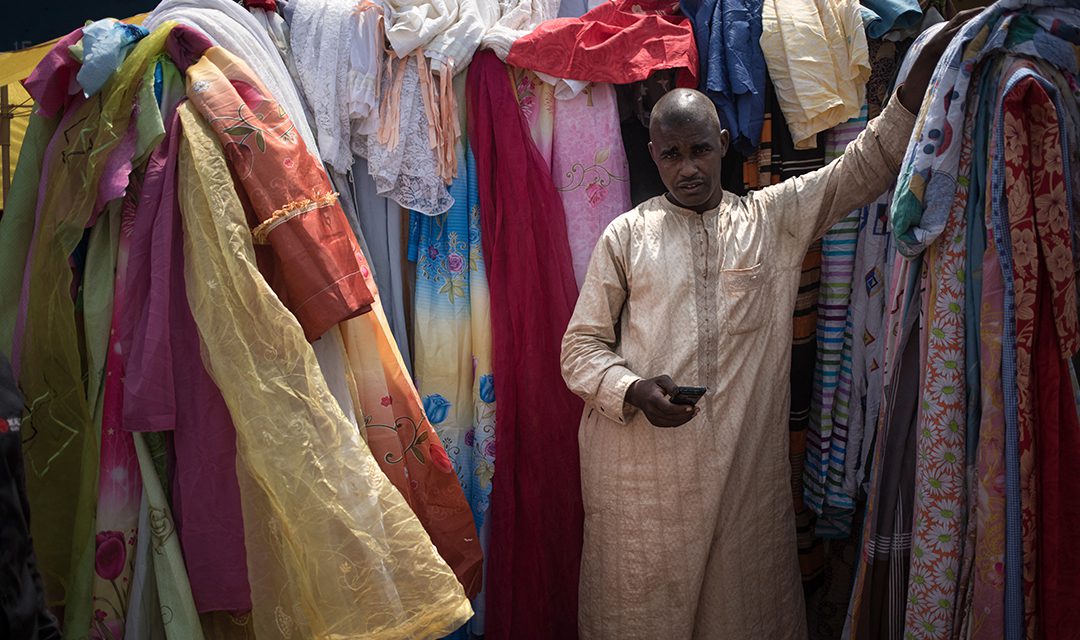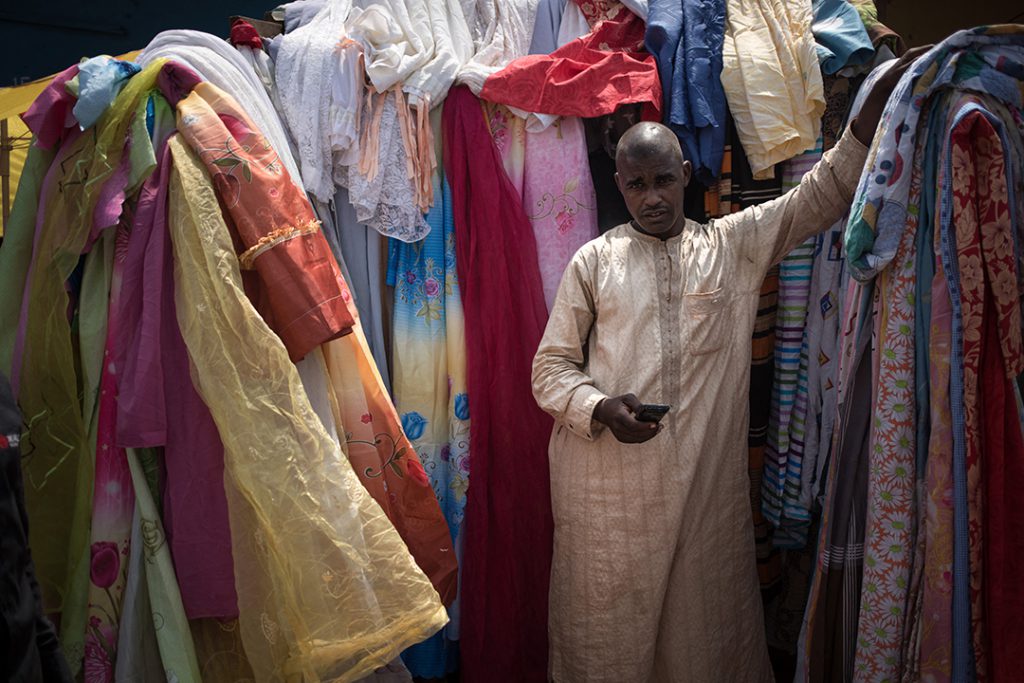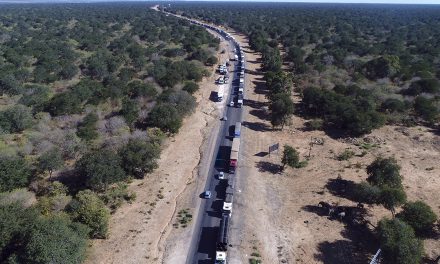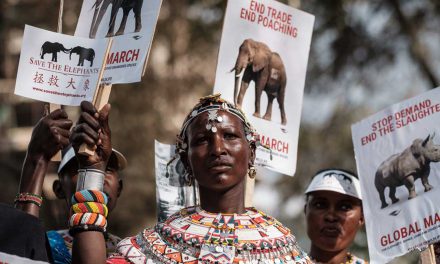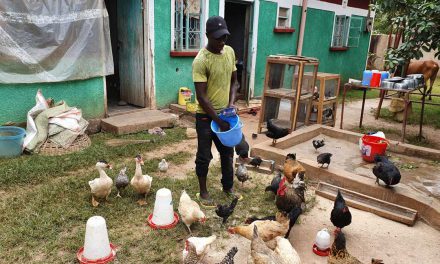Africa is a tough place for small businesses, given its high-cost operating environments, onerous compliance issues and lack of support where it matters. Many fall by the wayside as a result of these challenges.
Yet, small and medium enterprises are the backbone of African economies. And their success and growth has never been more important than it is now, as countries rebuild their economies in the wake of the COVID-19pandemic, which has resulted in companies closing and large-scale job losses.
This segment of business may comprise small to mid-sized companies, but it makes an outsized contribution to economies globally, accounting for about 90% of businesses and more than 50% of employment, according to the World Bank.
In Africa, this is even higher. In South Africa, for example, SMEs represent more than 98% of businesses and employ between 50% and 60% of the country’s workforce across all sectors, according to McKinsey and Company. In Nigeria, they account for 96% of companies and account for 84% of employment. However, many lack resilience to economic shocks. This is in part a consequence of their size, typically low-cash reserves, smaller client bases than their larger counterparts, and challenges in accessing credit and other funding.
They are less able to navigate the structurally inefficient and high-cost business environments that prevail across most of Africa. Their survival is also compromised by tax and onerous regulation as well as the competition presented by both large companies and informal businesses.
There is also an unwillingness to more holistically address regulatory and other challenges in the operating environment, or improve the ease of establishing a company. On the 2020 Doing Business rankings of the World Bank, African countries generally fared poorly in the category on starting a business, with South Africa ranked at a low 139, Tanzania 162, Ethiopia 168 and Uganda 169, among others.
There is also an unwillingness to more holistically address regulatory and other challenges in the operating environment, or improve the ease of establishing a company. On the 2020 Doing Business rankings of the World Bank, African countries generally fared poorly in the category on starting a business, with South Africa ranked at a low 139, Tanzania 162, Ethiopia 168 and Uganda 169, among others.
But the most intractable problem is the lack of access to finance. Many governments have established special vehicles to provide SME finance, but these can be onerous to access, given the slow and bureaucratic working of governments and their typical lack of alignment to private sector needs.
Litha Kutta, the enterprise and supplier director at South Africa’s fast-moving consumer goods giant Tiger Brands, told a recent conference that government funding is incompatible with business’s timeframes. “There is a mismatch between what the government is offering and what the private sector needs. The red tape to get the funds approved is cumbersome, and it is an additional administrative burden to get funds to flow into projects on time.”
In some countries, such as Nigeria, governments are working with commercial banks to provide funding for lending at preferential rates to SMEs, often targeted at specific sectors such as agriculture. Providing guarantees for commercial banks to encourage them to lend to SMEs is another vehicle that attempts to address the problem. For example, the African Guarantee Fund (AGF) was established in 2011 by donor countries Denmark and Spain in collaboration with the African Development Bank (AfDB) and the Nordic Development Fund.
AGF’s CEO Jules Ngankam says this has leveraged more lending to SMEs. “We share the risk of loans to SMEs made by commercial banks in Africa. If a SME cannot pay back its loan, we will pay a portion of the loan to the bank, which encourages banks to increase their lending
It also trains entrepreneurs and small companies to be better prepared to seek loans from commercial banks. “The financing gap is a consequence of the skills gap. The right people need to be in place to manage that money. SMEs don’t have many resources and they can’t compete in the talent market,” says Ngankam.
COVID-19 has exacerbated the already precarious position of Africa’s SMEs and hundreds, if not thousands, of companies across Africa have closed shop due to pandemic-driven economic hardship. The International Finance Corporation reckons the unmet financing needs of SMEs in these markets was a massive $5.2 trillion every year, which will have increased since 2020.
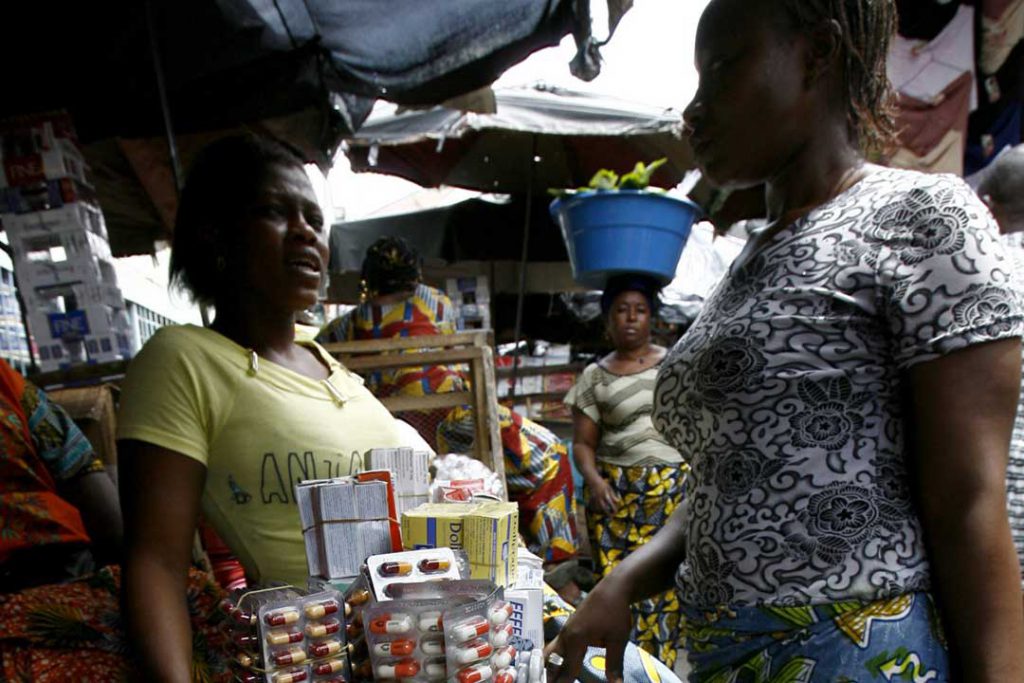
Shoppers buy smuggled, counterfeit medicine 14 June 2007 on the Adjame market in Abidjan. Ivorian pharmacists are worried about the multiplication of fraudulent street medecine that are, according to them, threatening their trade and the health of patients. Fraudulent street medecine sales have risen by 15 to 25 percent in the last two years in Ivory Coast and represent a 53 million euro a year loss for the legal pharmaceutical sector, according to the chairman of the national order council, overseeing the trade, Parfait Kouassi. AFP PHOTO / ISSOUF SANOGO (Photo by ISSOUF SANOGO / AFP)
In 2020, the African Union estimated that about 20 million jobs in Africa were threatened by the pandemic. SMEs were particularly hard hit, especially those that had only started up a year or two before the pandemic and had not yet entrenched themselves in the market.
The AfDB says about 70% of SMEs are active in services, which was the sector most heavily impacted by the pandemic. These include companies active in trade, hospitality, manufacturing, construction, power and water services, community and social services, and financial and business services. In South Africa, 2.2 million jobs were lost in the second quarter of 2020 alone, according to Statistics South Africa.
Multiple stakeholders stepped into the breach. Central banks offered palliative fiscal and monetary policy measures, including direct funding support and temporary tax relief. Commercial banks also played a role in supporting customers with various forms of debt relief and other measures.
Multilateral organisations provided considerable funding support. The World Bank recently announced a $2 billion investment to assist African countries with economic recovery, with half of this to be disbursed as direct financing for businesses. Governments, too, have set up support packages for individuals and businesses hit by the pandemic, although the rollout has, in many cases, been slow, inefficient and ineffective.
For example, the R200 billion loan-guarantee scheme launched by the South African government in partnership with commercial banks in May 2020 had only approved the disbursement of about 8% of available funds by October last year – five months later, says a McKinsey study. This meant that less than 1% of the country’s 2.5 million SMEs had actually benefited from the scheme at the time they were hardest hit.
The African Continental Free Trade Area is also designed to create more opportunities for entrepreneurs to enter new markets and to increase their production, even though trading across borders in Africa currently is a costly business. “One of the big indirect effects of the free trade agreement is that women and youth, in particular, will become a lot more economically empowered,” says Vera Songwe, the executive secretary of the Economic Commission for Africa. Protocols on trade in goods and services highlight the importance of building capacity in women and youth to formalise their inclusion in Africa’s economic and trading system, says Songwe.
The COVID-19 crisis has highlighted the need for a new approach to creating, supporting and enabling SMEs, but this will require much smarter thinking to address the real needs of this market segment, and ensure the current initiatives work optimally.
The AfDB has called on governments to invest more in skills and capacity building for SMEs, speed up the adoption of digital technologies and ICT infrastructure, and strengthen credit reporting
institutions, in addition to creating smarter and more agile funding support. The new wave of entrepreneurship in Africa, which has gained real momentum in the past five years and particularly since the arrival of COVID-19, may provide another solution to the problem.
Technology driven start-ups were in the ascendancy even before COVID-19, but the pandemic has given them real momentum as people have sought new ways of dealing with the crisis. Fintech is a clear leader in the space, but there has also been growth in health, energy, logistics and retail among other sectors.
Ngankam says technology will drive future business growth in Africa. “Technology is a game changer. It allows SMEs to be able to go outside their comfort zone and reinvent themselves.” He reckons that the changes precipitated by COVID-19 may eventually be positive for SMEs, as they are agile and able to move quickly into new areas of opportunity. Even though there were many losers in business due to lockdowns, there have been winners in sectors such as healthcare, food production and retail, as well as online leisure and content providers.
And technology driven businesses have increasingly large amounts of money lining up behind them, much of it from developed markets. In 2021 to date, fintechs have attracted $330 million in new funding, compared to $160 million in 2020 and just $31 million in 2016, says research company Disrupt Africa. While tech companies do not inherently create many jobs, they are focused on solving traditional problems in Africa thereby improving efficiencies, which opens up opportunities for other businesses.

